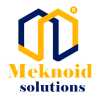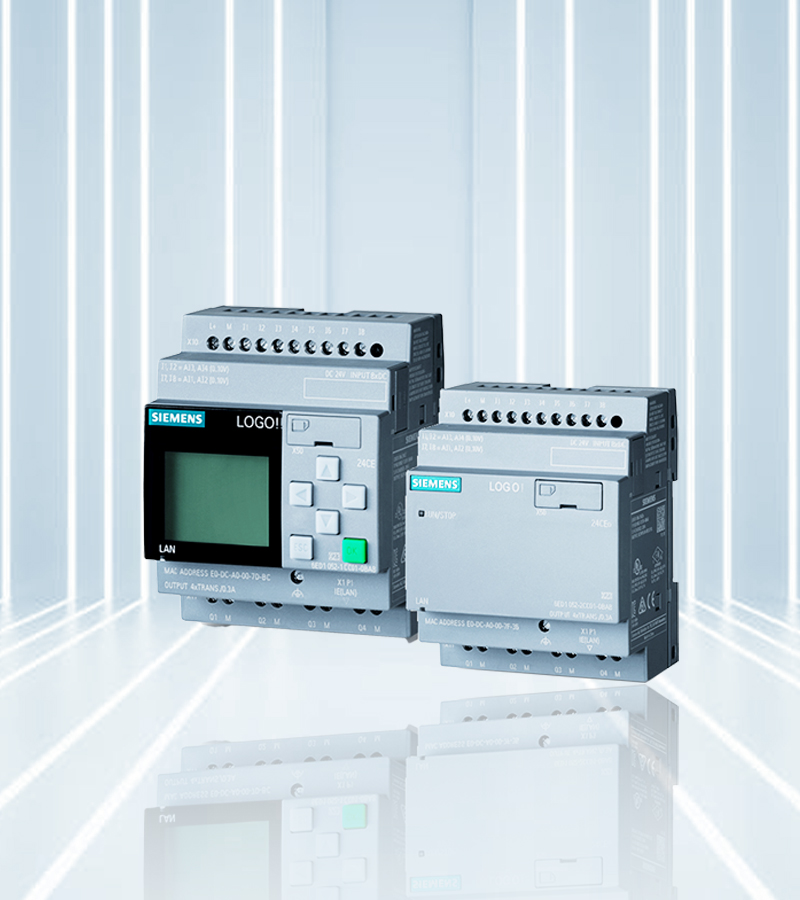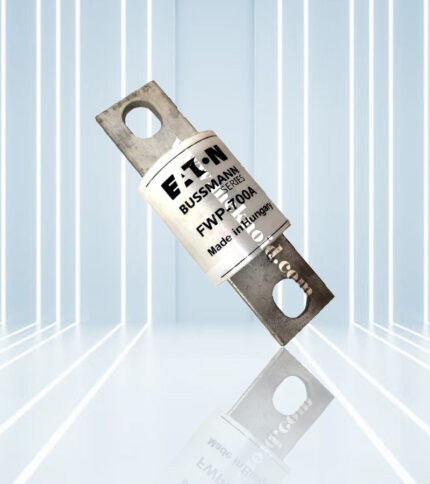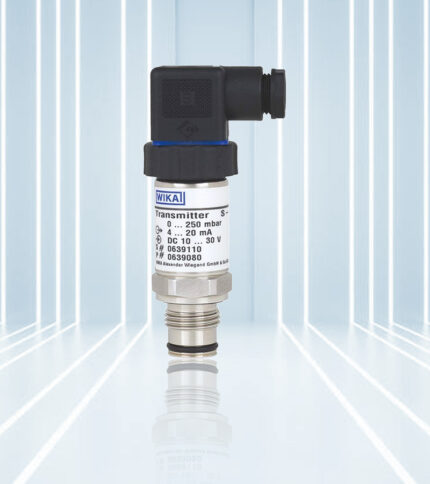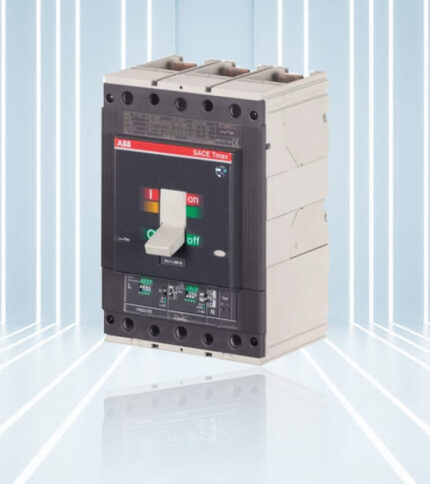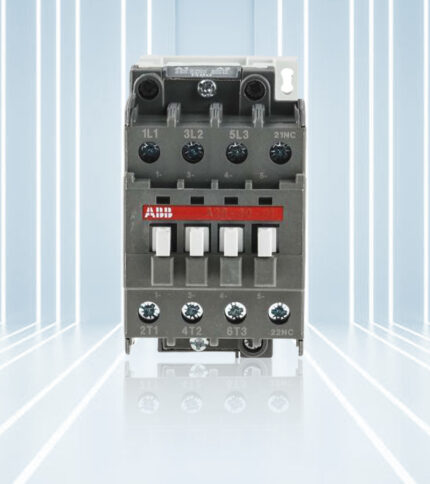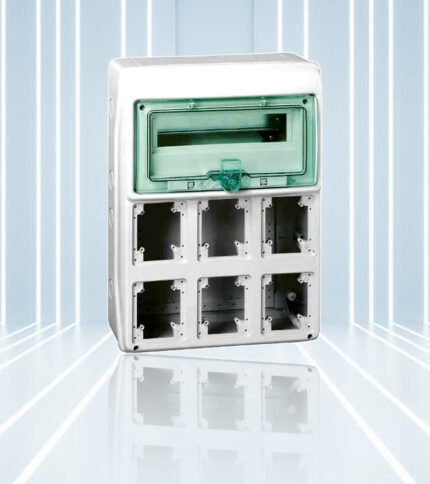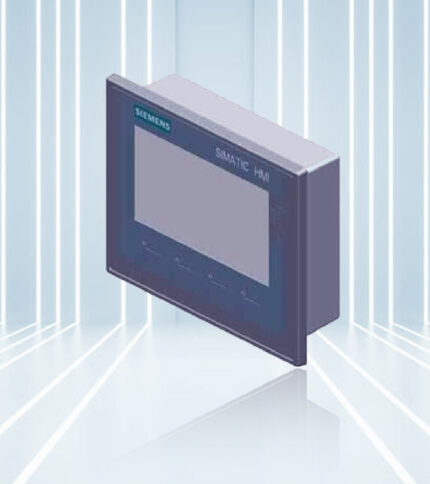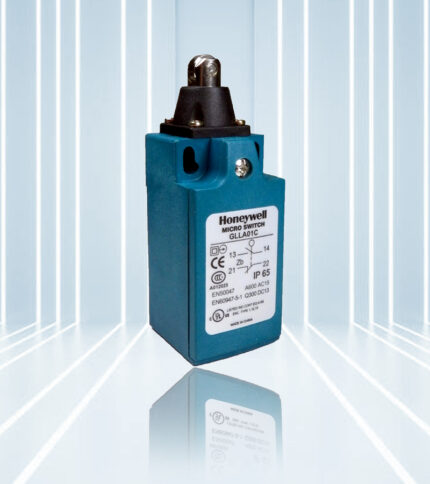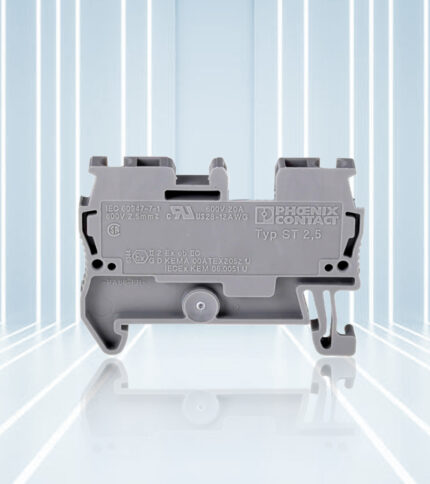Description
Modules are essential building blocks used in electrical and electronic systems for adding specific functions or features to a larger system architecture. These versatile components offer a modular approach to system design, enabling engineers to customize and expand system functionality as needed. The operation of Modules involves the integration of specialized circuitry, sensors, actuators, and communication interfaces into a compact and standardized form factor. This allows for easy installation, configuration, and connectivity, reducing development time and complexity in system design. One of the key advantages of Modules is their plug-and-play compatibility, which allows for seamless integration into existing system architectures without the need for extensive rewiring or reprogramming. They are often designed to interface with common communication protocols such as Modbus, Ethernet/IP, Profibus, and CAN bus, ensuring compatibility with a wide range of devices and controllers.
Modules offer several features that enhance their performance and usability, including built-in diagnostics, fault detection, and status indicators, providing real-time monitoring and feedback on system operation. They may also feature rugged construction, wide operating temperature ranges, and protection against electrical interference, ensuring reliability and durability in harsh industrial environments. With their scalability, flexibility, and ease of integration, Modules find applications in various industries such as industrial automation, process control, building management, transportation, and energy management. Whether you need to add power distribution, signal conditioning, data acquisition, or communication interfaces to your system, our Modules provide the functionality and reliability you need to optimize your system architecture with confidence.
Benefits
- Versatility: Modules offer versatility in system design, allowing for the integration of specific functions or features tailored to the application requirements, enhancing flexibility and customization.
- Scalability: These components enable scalable system architecture, facilitating easy expansion or modification of functionality as needed, minimizing downtime and future-proofing investments.
- Integration: Modules provide seamless integration into existing system architectures, supporting plug-and-play compatibility and interoperability with other devices and controllers, streamlining installation and deployment processes.
- Efficiency: With their specialized circuitry and optimized design, modules enhance system efficiency by providing dedicated functionality, reducing the complexity and overhead associated with implementing custom solutions.
- Cost-Effectiveness: Modules offer a cost-effective solution for adding specific functions or features to a system, minimizing development costs, time-to-market, and maintenance overheads compared to custom-designed solutions.
Technology
- Integrated Circuits: Modules utilize integrated circuits and specialized components to perform specific functions or tasks, such as signal conditioning, data acquisition, power distribution, and communication interfaces.
- Microcontrollers: Many modules are powered by microcontrollers or programmable logic devices, enabling versatile functionality, programmability, and customization to meet diverse application requirements.
- Communication Protocols: Modules support various communication protocols, including Modbus, Ethernet/IP, Profibus, CAN bus, and others, facilitating seamless data exchange and interoperability with other devices and systems.
- Sensor Technology: Some modules incorporate sensor technology for monitoring environmental conditions, detecting physical parameters, or measuring analog signals, providing real-time data for system control and optimization.
- Embedded Software: Modules may feature embedded software or firmware that controls device operation, configures settings, and provides diagnostic information, enhancing functionality and usability.
Reliability
- Robust Construction: Modules are designed with durable materials and rugged construction, ensuring reliability and longevity in harsh industrial environments and operating conditions.
- Quality Assurance: These components undergo rigorous testing and quality assurance procedures to meet industry standards and specifications, ensuring consistent performance and reliability in critical applications.
- Fault Tolerance: Many modules incorporate fault-tolerant design features such as built-in diagnostics, redundancy, and fail-safe mechanisms, minimizing the risk of system failures and downtime.
- Temperature Stability: Modules are engineered to withstand wide temperature ranges and environmental conditions, maintaining stable performance and functionality in both extreme cold and heat.
- EMI/RFI Shielding: Some modules feature electromagnetic interference (EMI) and radio frequency interference (RFI) shielding, protecting sensitive electronics from external interference and ensuring reliable operation in noisy industrial environments.
